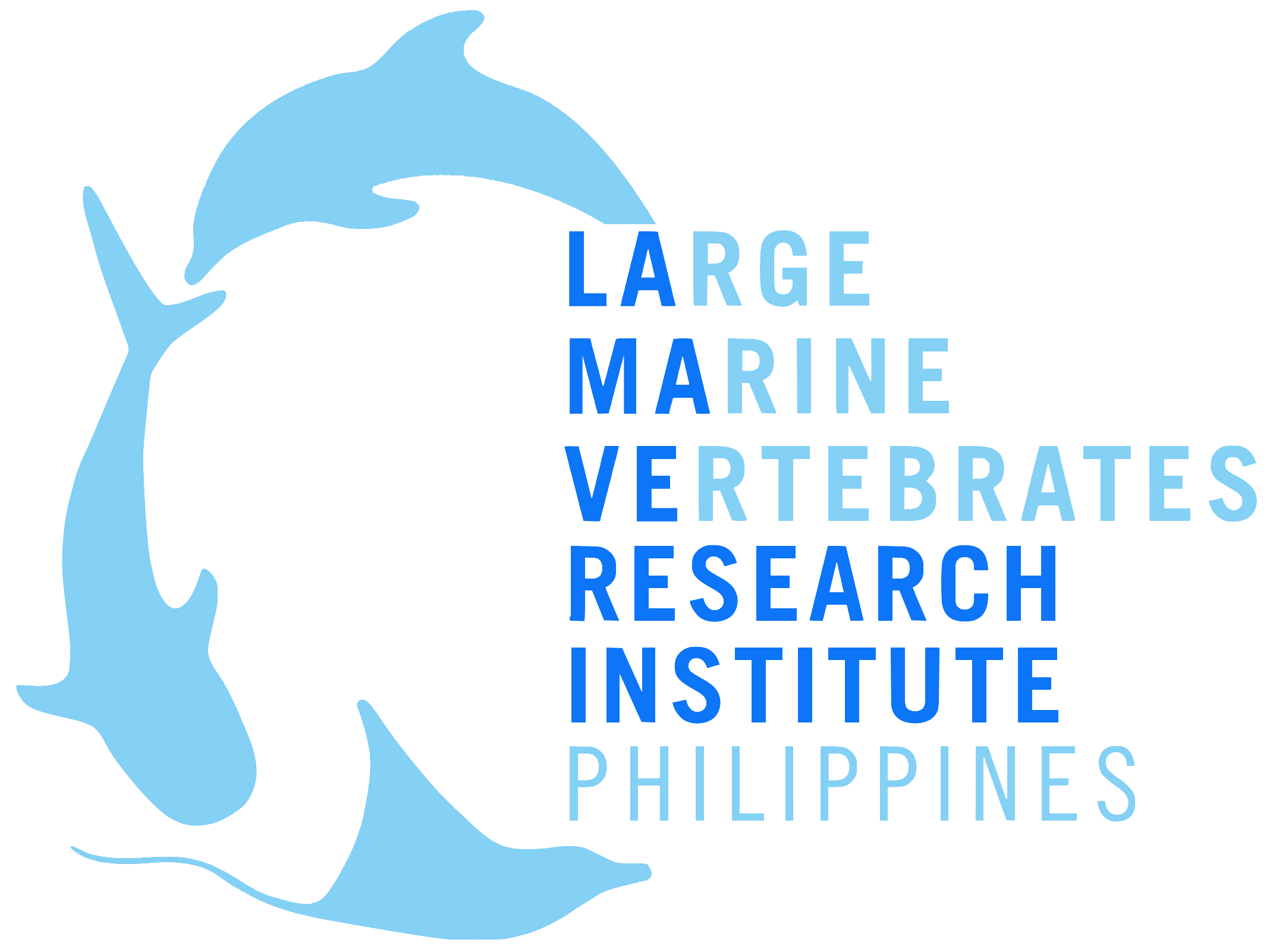Two Brothers, One Mission: Protecting Whale Sharks in Pintuyan, Southern Leyte
Ery and Raul Cordova, brothers who grew up along the coast of Pintuyan, Southern Leyte, have spent over a decade working with and protecting the whale sharks that frequent their local waters. Having spent their entire lives by the ocean—near one of the largest whale shark aggregation sites in the Philippines—the brothers grew up alongside the world's largest shark. They found their passion for conservation, inspired by the awe-inspiring presence of these gentle giants.
Read More




















